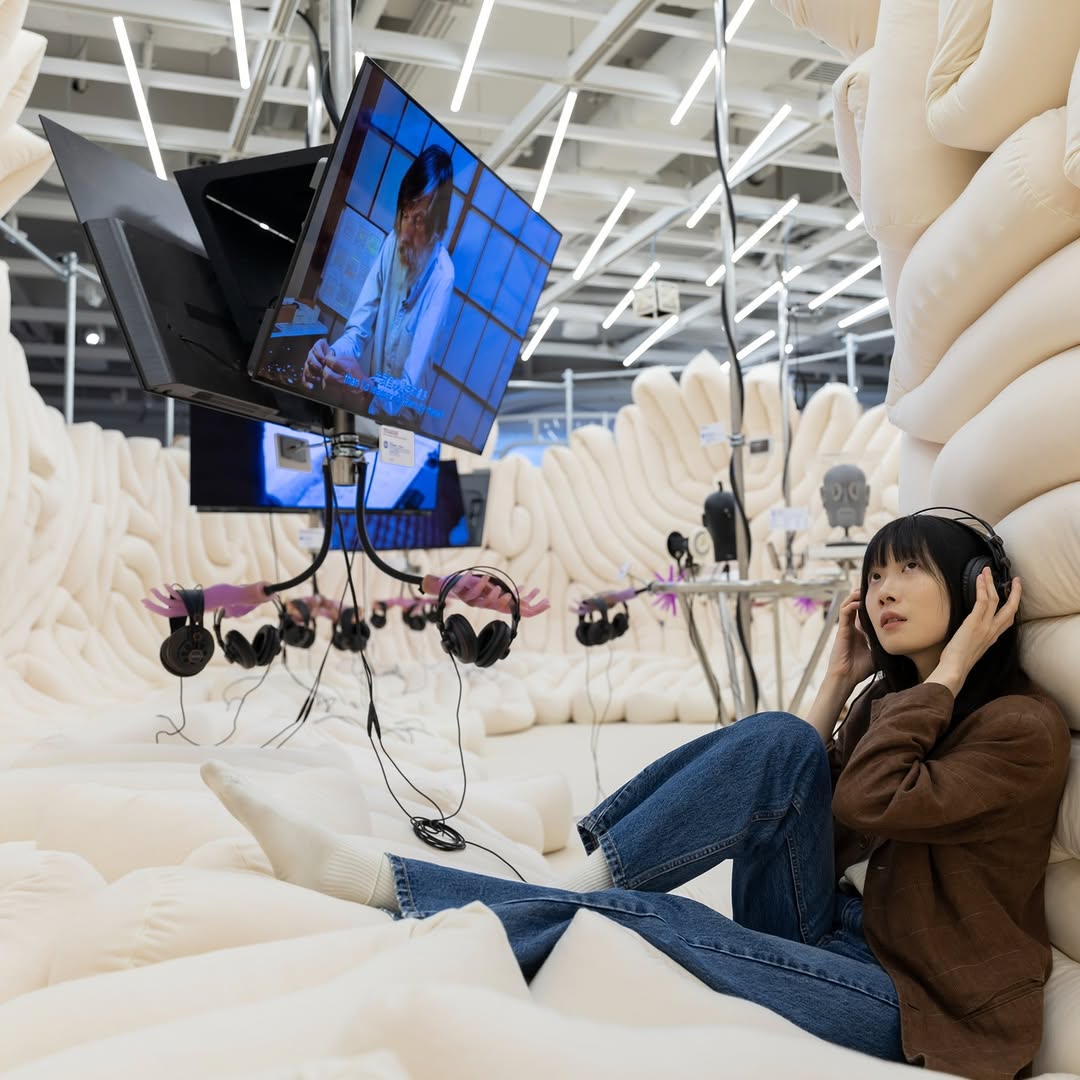Sports science is vital for athletes to perform their best in competitions, as well as a source of support for the physical and emotional health of those with disabilities and special needs. Professor Cindy Sit, Chairperson of the Department of Sports Science and Physical Education at The Chinese University of Hong Kong, is not only Hong Kong’s very first PhD recipient in sports science, but is also an international pioneer in adaptive sports, promoting social inclusion through sports science.
Those able to compete on the Olympic stage are the crème de la crème of athletes. Almost equal in terms of ability, the key to demonstrating their prowess on the scene lies in the quality of their mental state. “Over fifty percent of impacts on sporting performance come from the athlete’s psychological condition,” Sit explains. “I teach students how to regulate themselves when they are nervous. There are many breathing techniques backed by scientific research which help athletes.”
In recent years, sports science has quickly grown into a field with many different specialisations. Apart from sports psychology, Sit’s main areas of teaching include studies in sports technique—simply put, it’s “how athletes can run faster, stretch their limbs further, somersault more smoothly, and determine what proportions of a regimen should be spent training and resting.” Her main field of research deals with the effects of physical activity on children with disabilities or special educational needs (SEN), including mental health issues such as cognitive functioning. The reason for her particular interest and emphasis on this topic is due to a sudden onset of eye issues she had suffered in the past.
Close To The Heart
Sit was an active child; she performed outstandingly in sports and was chosen for relay and basketball teams. “When I was ten years old, I woke up one Saturday morning and found that I couldn’t see clearly. For example, when I looked at someone, I saw two heads and two noses; my head hurt as well,” she recalls. After seeking out answers from numerous doctors, it was determined that she suffered from diplopia, the cause of which was unknown. Not long after, her vision in both eyes suddenly returned to normal. “To me, this was a mystery, an epiphany that changed my attitude to life,” says Sit. “I felt that even though I had recovered, I still wanted to help people, so I studied social work.”
After graduating, Sit volunteered in a youth centre and later found that there was an undergraduate course about sports and sports science. She immediately enrolled, ultimately achieving her master’s and doctorate degrees. “I hoped that I could merge my philosophy of helping people help themselves and my volunteer work into sports science, encouraging those in need to develop their bodies and minds through sport.”
Sit points out that in the past, there were not many scholars researching sports for the disabled. “When I was studying for my MPhil, I published the first thesis on Hong Kong’s disabled schoolchildren in an international journal. It explores their conditions and motivations in participating in sports, and discusses how to create more opportunities for them to take part.” Adaptive sports are suitable for all those with special mind and body needs, and Sit is particularly invested in the conditions of children. “There are restrictions on their ability to take part in activities in their daily lives, such as walking and eating. If sport can enhance their ability to take care of themselves, their self-confidence will also improve. If children start doing sports from a young age, they can enjoy the benefits and fun of sport when they grow up as well.”
Sit started from zero when she began to promote her research, and today there are an ever-growing number of local scholars getting involved. “Now it’s starting to spread!” she says happily. In recent years, Sit has served as President of the International Federation of Adapted Physical Activity and Asian Society for Adapted Physical Education and Exercise, leading cross-cultural research and exchange surrounding the use of “adaptive sports to enhance the mental and physical development of those with special needs.” Of her life’s work she says, “In these past twenty years, both my research and the students I have taught have emphasised and spread this philosophy.”
Empowering Change
Speaking of women’s participation in sports and the state of female athletes in Hong Kong, Sit draws on statistics from the Hong Kong Sports Development Board. At the last Olympics in Tokyo, the proportion of female participants from Hong Kong representative teams was 61% and between 2016 and 2020, 50-52% of participants in the Leisure and Cultural Services Department’s sporting activities were women. Additionally, among the athletes, coaches and professionals trained at the Hong Kong Sports Institute, women account for 43%, 19%, and 42% respectively. “The ratio of male to female athletes has already seen a big improvement; the allocation of resources to them and the facilities available are much better now,” says Sit.” If you look at the numbers, there is room for improvement regarding the ratio of male and female coaches.”
“One restriction is that gendered stereotypes still exist in society, but this has already gotten better since my time.” Sit points out that under the influence of stereotypes, society still sees some sports as ‘unsuitable’ for women. Meanwhile, female athletes face greater pressures in balancing their work and family responsibilities—especially with marriage and child-rearing— and therefore require more protection and support for the career changes and any developments that accompany retirement. She emphasises that promoting female participation in sport requires efforts from all sides.
It starts with schools encouraging new interest in sport and encouraging female students to participate in all kinds of physical activities. Then it’s about getting communities to be more involved with sports and attract more women to take part in them. It also comes from media education and public activity, increasing the level of awareness people have for female sports and thus raising the influence women have in the sporting field. Through these strategies, Hong Kong can better support its female athletes, and encourage more women to participate in sports, helping to realise gender equality and the holistic development of the sports industry in the long run.
As a university professor and the mother of twins, how does Sit find time to keep fit, when she is busy with work and her family life? She admits that “there really isn’t enough time”, so she has to create opportunities to “get up more and walk more”. “If I have a choice, I don’t drive; I take the MTR or walk instead. Between the elevator and the stairs, I try my best to pick the stairs. I wear sneakers often, creating more opportunities to walk. For every hour I sit, I need to have a break by taking a walk around,” explains Sit. “Research shows that even a five-minute break from sitting down for a long while is very beneficial. When I teach and make Zoom calls, I stand for two to three hours, only sitting down when I’m tired – don’t underestimate these small living habits; they’re very useful!”
Translated by Wing Hei Woo
Photography: Chau Yiu Yan
Makeup Artist: Chi Chi Li
Hair Stylist: Keith Wo
Fashion Assistant: Naoki Li
Editor
Bonnie Yau










